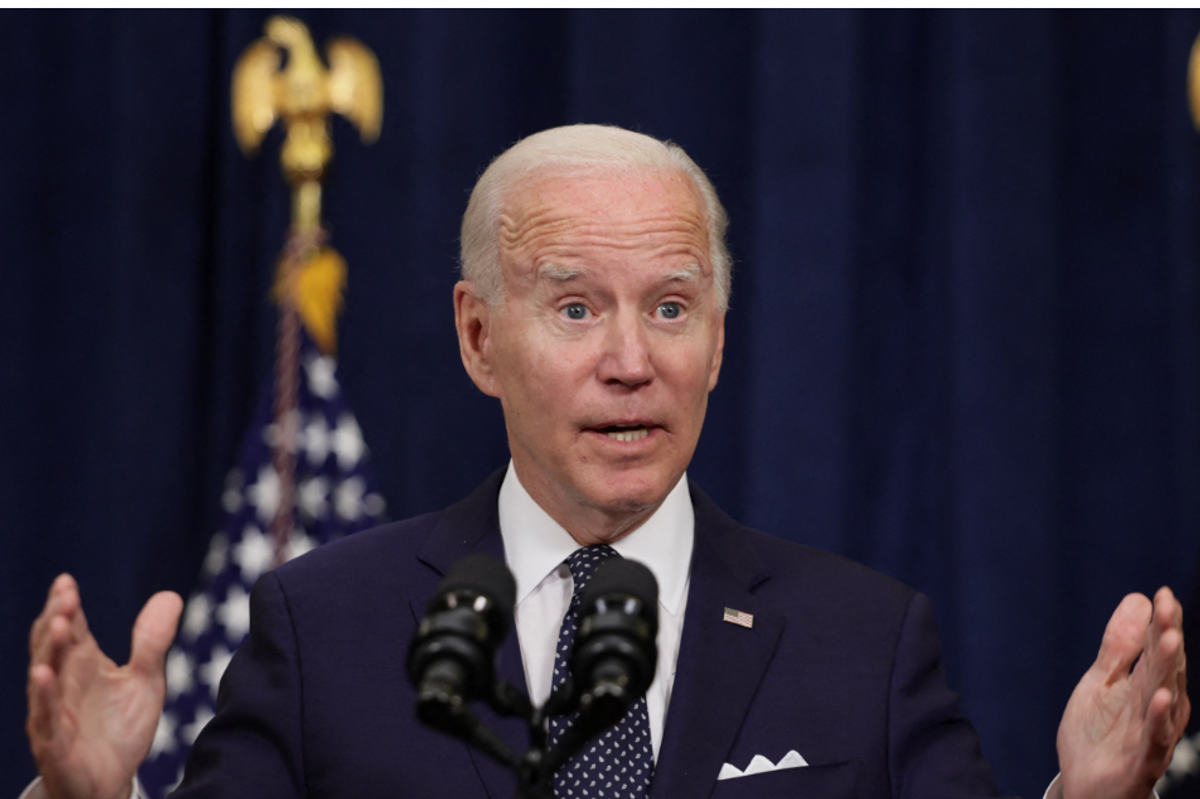
By Mohamed Hasni
Tripoli (AFP) — UAE warplanes secretly bombed Islamist militia targets in Libya, apparently catching Washington off guard, as turmoil in the North African country deepened with the Islamists naming a rival premier.
American officials confirmed on Monday that the United Arab Emirates’ jets launched two attacks in seven days on the Islamists in Tripoli using bases in Egypt.
An Emirati official told AFP only that his country had “no reaction” to the report.
The air strikes signaled a step towards direct action by regional Arab states that previously have fought proxy wars in Libya, Syria, and Iraq in a struggle for power and influence.
The bombing raids were first reported by The New York Times, and Islamist forces in Libya had also alleged the strikes had taken place.
“The UAE carried out those strikes,” one American official told AFP on condition of anonymity.
Asked about the account, a senior U.S. official said “the report is accurate”.
The United States did not take part or provide any assistance in the bombing raids, said the two officials, who could not confirm that Egypt and the UAE had left Washington totally in the dark about the attacks.
The first strikes, on Monday last week, focused on militia targets in Tripoli, including a small weapons depot, according to the Times.
A second round south of the city early Saturday targeted rocket launchers, military vehicles, and a warehouse, it said.
Those strikes may have been a bid to prevent the capture of the airport, but the Islamist militia forces eventually prevailed anyway.
The UAE — which has spent billions on U.S.-made warplanes and advanced weaponry — provided the military aircraft, aerial refueling planes, and crews to bomb Libya, while Cairo offered access to its air bases, the Times said.
Egypt has not publicly acknowledged any role in the air strikes.
– Common danger –
Egypt, Saudi Arabia, and the Emirates view Islamist militants in the region as a serious threat and have cooperated against what they see as a common danger.
News of the raids came after Libya’s Islamist-dominated General National Congress on Monday threw down the gauntlet to the interim government by naming a premier-designate to form a rival administration.
The GNC, officially replaced earlier this month by a freshly elected parliament, selected pro-Islamist Omar al-Hassi to form a “salvation government,” a spokesman said.
“The GNC dismissed (interim premier) Abdullah al-Thani as head of government and gave Omar al-Hassi a week to form a salvation government,” Omar Ahmidan told journalists in Tripoli, where GNC members met.
At the same time, Libya’s new army chief Abdel Razzak Nadhuri declared “war on terrorists” after parliament, holed up 1,000 miles east of Tripoli in Tobruk, nominated him to tackle the unrest sweeping the nation.
The GNC meeting, for its part, gave its backing to “legitimate moves aimed at liberating the country,” Ahmidan said of the weekend capture of Tripoli airport by the Fajr Libya (Libya Dawn) Islamist coalition.
The airport seizure came after weeks of fighting between Islamists and the nationalist militia of Zintan in the west, which had controlled it since the overthrow in 2011 of long-time dictator Moamer Kadhafi.
The GNC, whose re-emergence plunges Libya’s rocky political transition into fresh crisis, met following a request from Islamists, who accused parliament of complicity in last week’s air raids.
Thani rejected the GNC’s decisions.
“The meeting was illegal, its decisions are illegal, and the only legislative body is parliament,” he said in a televised news conference from Tobruk.
Thani said Islamist militants had ransacked and torched his house in Tripoli, blaming Fajr Libya.
– ‘Threats, thefts and looting’ –
Telling of “threats, thefts, and looting” in the capital, Thani said “no public service can operate in these conditions”.
Parliament, elected in June, and Thani’s government decamped to Tobruk after the army proved unable to restore law and order to Tripoli and Benghazi, Libya’s two largest cities.
Fajr Libya is a coalition of Islamist militias, mainly from Misrata, east of Tripoli. Ansar al-Sharia controls around 80 percent of the eastern city of Benghazi.
On Tuesday, Fajr Libya dismissed a call from Ansar al-Sharia for the two groups to unite under one banner, saying it rejects “terrorism and extremism”.
But in a statement published by LANA news agency, it also accused parliament of violating consitutional legitimacy by calling for foreign intervention to solve the chaos gripping Libya.
The United States and its European allies on Monday strongly condemned the “escalation of fighting and violence” in Libya, calling for a democratic transition.
AFP Photo/Mahmud Turkia
Interested in world news? Sign up for our daily email newsletter!


